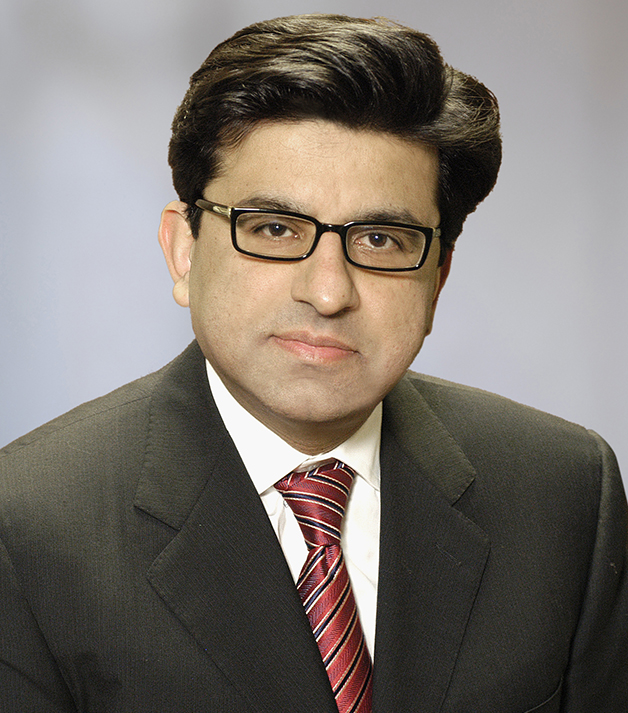
With president-elect Donald Trump headed to the White House the North American Free Trade agreement and Trans Pacific Partnership are in question, but some suggest it could mean Canada may be in an “enviable” trade position over the next four years.

Traditionally, the countries that have pushed trade initiatives on a major scale have been the United States and the European Union.
“The U.S. may lag behind because negotiations on trade agreements are the mandate of the president and given Trump’s position on NAFTA and the TPP it’s hard to see, at least in the immediate future, the U.S. taking any great initiatives,” he says.
Canada has an agreement with the EU on the Canada-European Union Comprehensive Economic and Trade Agreement that will be implemented over time. With that in place European investors may see Canada as a potentially attractive place to invest and as a launching point for trade with the United States.
As for the Trans Pacific Partnership, John Baird, former Canadian foreign minister and now senior business adviser with Bennett Jones LLP says last night’s election outcome probably signals the end of the road for TPP.
“I think the TPP is dead,” says John Baird. “The American participation in the TPP is incredibly important and the likelihood of the United States passing the TPP in the lame duck session is very unlikely and dead on arrival on the new president’s desk. As to whether Canada wants to work on a TPP without the United States, we’ll see.”
Dattu agrees the U.S. probably won’t follow through on the TPP at this time.
“If Hilary Clinton had been elected then Obama could have attempted getting TPP through congress, but that is not likely to happen. It would be very difficult under the current political climate in the United States,” he says.
Throughout the U.S. presidential campaign Trump said he would tear up NAFTA. Greg Kanargelidis, partner at Blake Cassels and Graydon LLP says it’s hard to know what Trump would want to change, not to mention whether Canada and Mexico would agree to the changes.
“It’s hard to provide specifics because president-elect Trump didn’t give any during the election campaign,” says Kanargelidis. “Tearing up NAFTA could mean just that — that the U.S. decides to get out of NAFTA. There is a right of any party to get out of NAFTA but I think once he gets some advice from the people he will appoint I think talk might turn to trying to renegotiate parts of NAFTA.”
The criticism of NAFTA through the election was that it has resulted in jobs leaving the U.S. While NAFTA has eliminated all tariffs on goods traded between the U.S., Canada and Mexico, in order to qualify the goods have to be made in the U.S. or substantially transformed in the U.S. to benefit from the duty free treatment.
Kanargelidis doesn’t agree that NAFTA caused jobs to leave the U.S. and there is “ample evidence” that in the more than 20 years NAFTA has been in existence that it has benefited the U.S., Mexico and Canada.
“What ultimately may happen is there will be discussions around how to improve NAFTA and that will require the involvement of both Canada and Mexico,” he says.
Dattu isn’t as concerned about the rhetoric directed at NAFTA that took place during the election.
“If in fact NAFTA is revoked by the United States that will take a period of time but we also have in place the Canada-U.S. Free Trade Agreement. I can see that potentially being revived if anything happened to NAFTA. That could provide the basis for stronger commitment between Canada and the United States,” he says, acknowledging that could have greater impact on Mexico.
“There’s going to be a great period of uncertainty but when the dust settles and as the Canadian government continues to advocate we will be in a better position down the road,” says Dattu.
There is also the Transatlantic Trade and Investment Partnership between the European Union and the United States that is also up in the air.
While Dattu is optimistic, Baird says with Bernie Sanders getting 46 per cent of the vote in the primaries and with Trump’s campaign against trade there is a “considerable rise of protectionism on both sides of the aisle and that spells bad news for Canada as we try and tackle bilateral issues.”
He says there will be less ability to resolve issues Canadians face around softwood lumber, the thickening of the border and on joint initiatives such as the Detroit River International Crossing project.
Baird says to expect the Iran nuclear file to also be reopened.
“I think that’s a huge question as to what the future holds for the Iran deal. The reality is the sanctions have been lifted and there are a lot of European companies have signed commercial contracts,” he says.